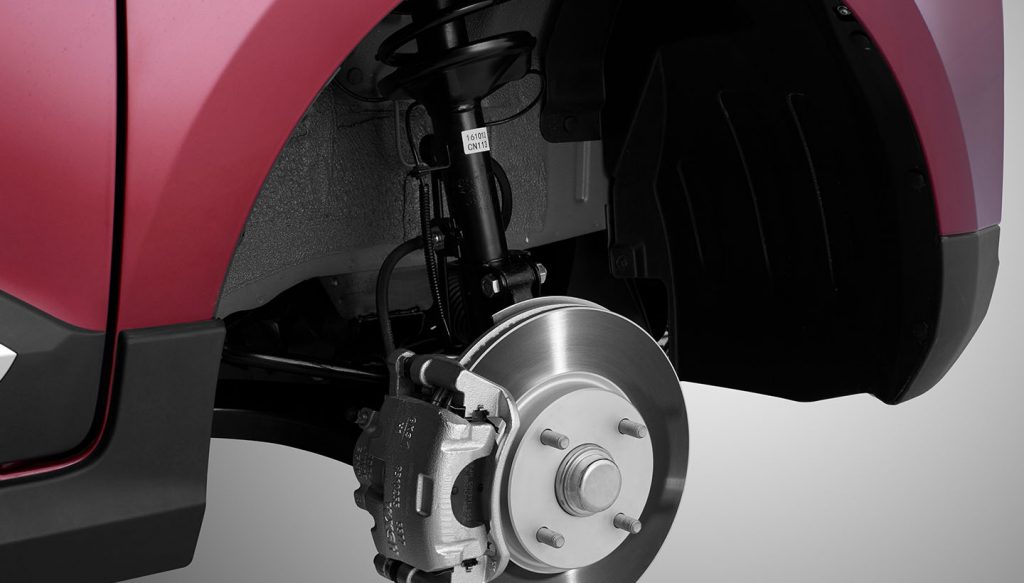Car Gearbox – Functions, Components and Damage Characteristics

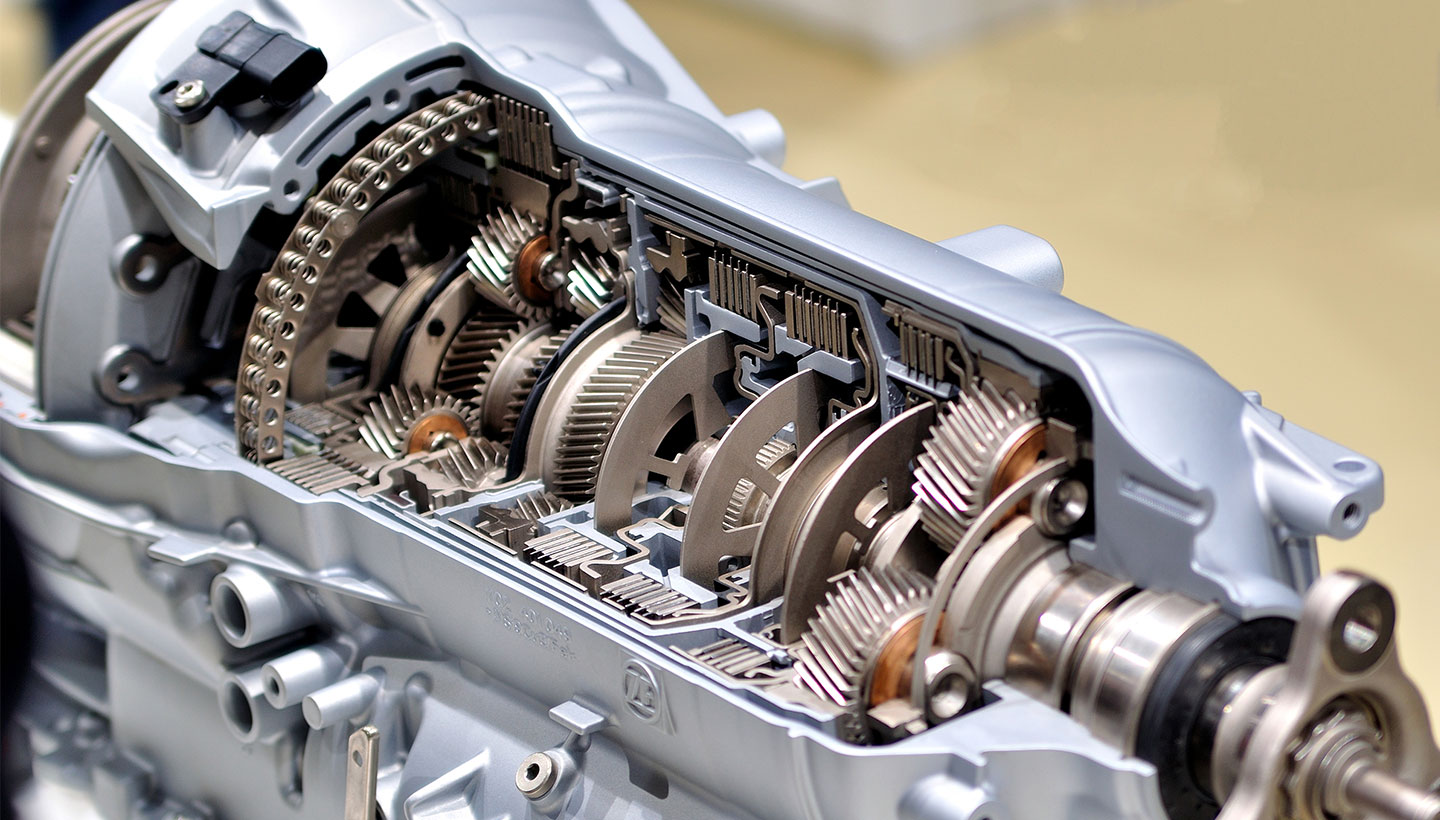
In order to operate properly, the car is supported by various components in it, each with its own role and function. One of the important parts of the car is the gearbox.
Unfortunately, not all vehicle owners are familiar with the gearbox components. COnsidering how important this component is, understanding the gearbox can help you as a vehicle owner to be able to keep it more durable. Therefore, let's find out what a gearbox is, its function, how it works, and the characteristics of the damage to this component.
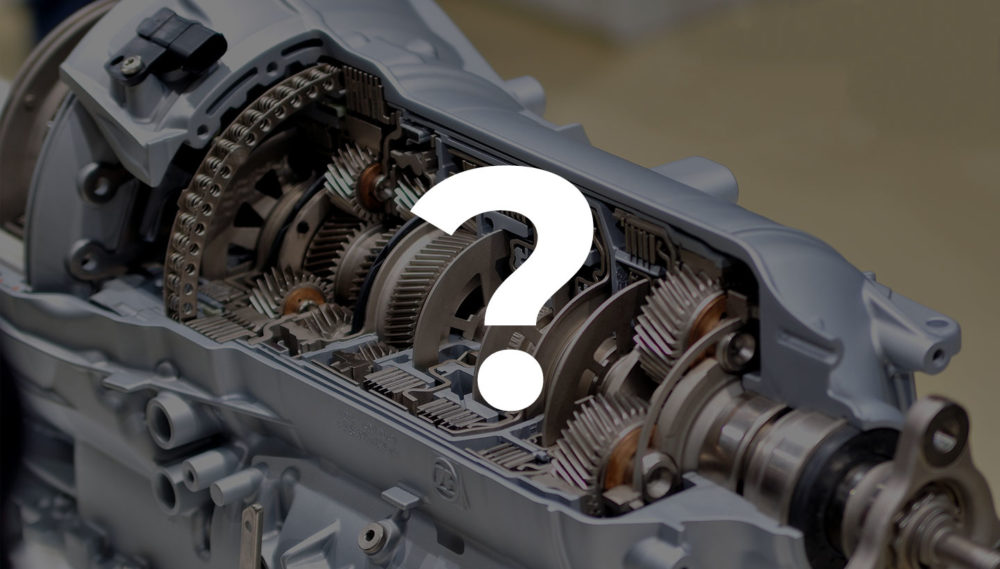
What is Gearbox
In general, the gearbox is a power transfer system whose function is to distribute engine power to other engine parts. The goal is that these components can produce a movement either in the form of shifts or rotations.
The gearbox can also be used to adjust the power or torque of the rotating motor, and also change the power of the rotating motor to be greater. Cars also require a gearbox that plays a role to transfer power.
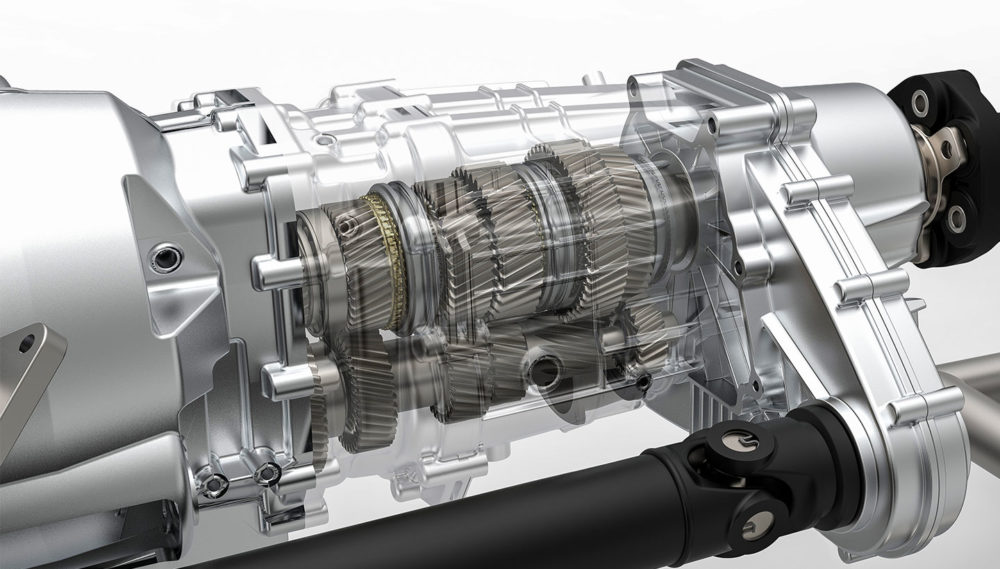
Car Gearbox Components
To carry out its function, the gearbox does not stand alone but is assisted by several supporting components, each of which has its own function. Although there are many types of gearboxes, there are a few key components that are always present in any type. Here are the main components that make up the gearbox and their functions:
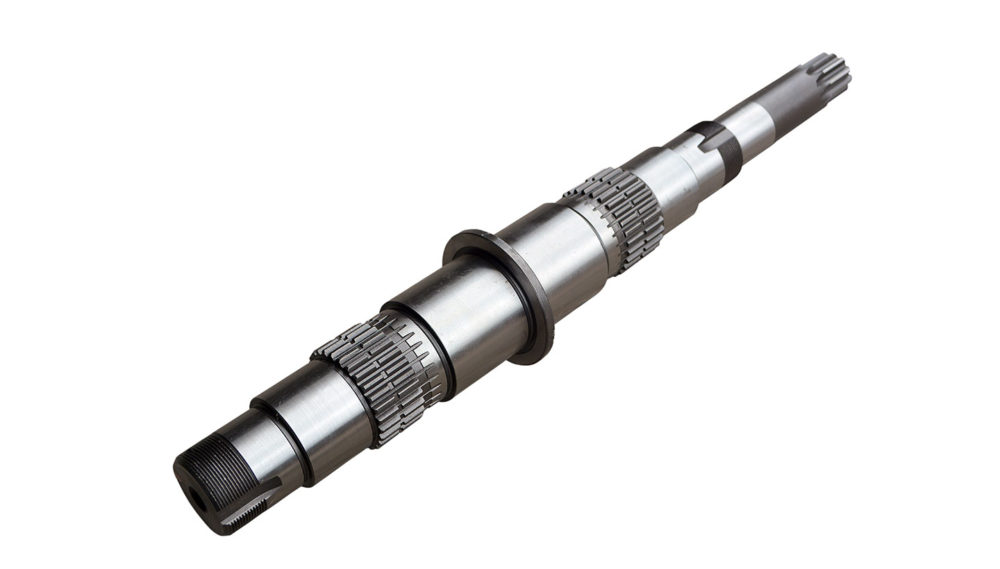
Input Shaft
The input shaft is a component that receives the output moment from the clutch unit. The input shaft also plays an important role in ensuring the rotation of the clutch can reach the gears because it is this component that continues the rotation to the main shaft. In addition, the input shaft also functions as a bearing seat shaft and also a piston ring.
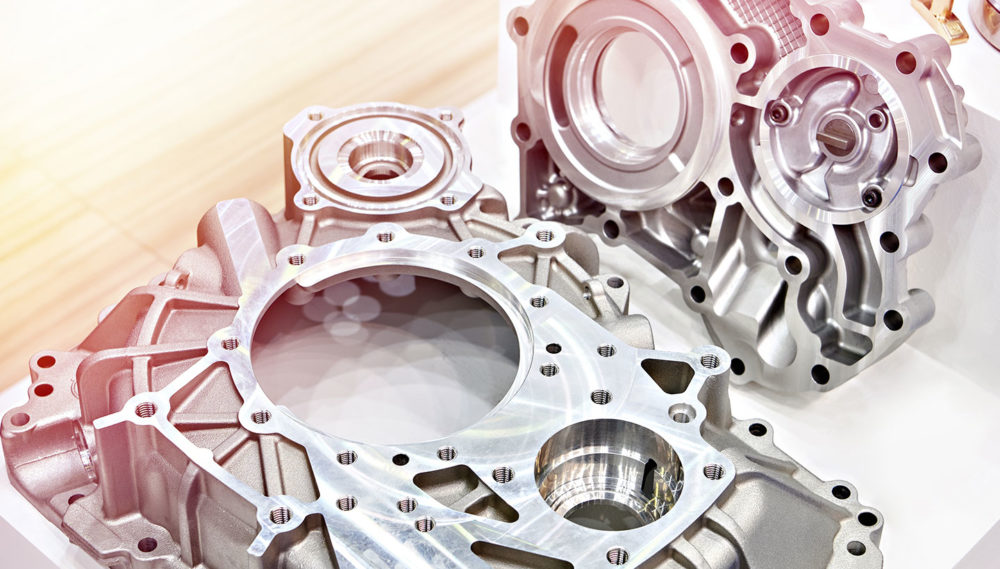
Gear Shift Housing
The gear shift housing is a holder for the gear shift lever which functions to adjust the accuracy of the gear transition. The lever will lock if the gear has been moved so that when the spindle is rotating the lever will not move on its own.
Main Shaft
The main shaft is a component that functions as a gear holder, bearing, synchromesh and other components. The main shaft also functions as a shaft that continues the rotation of the input shaft so that the rotation can reach the spindle. In addition, this component is also the channel where the oil flows.
Baca Juga
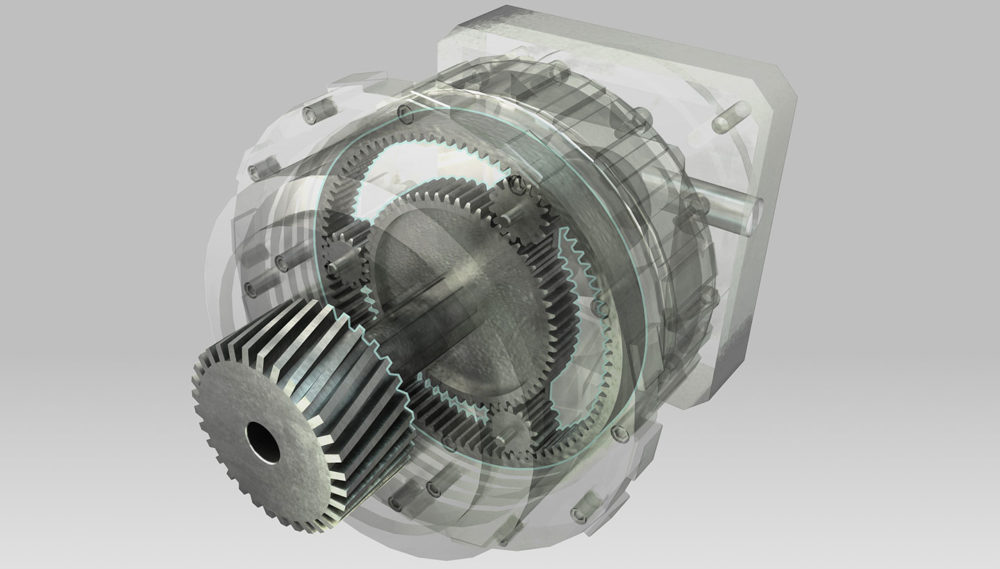
Planetary Gear Section
Planetary gear section is a component that allows rpm to change in a certain range. RPM can be changed according to the needs of the machining process, the spindle rotation direction can also be changed if needed.
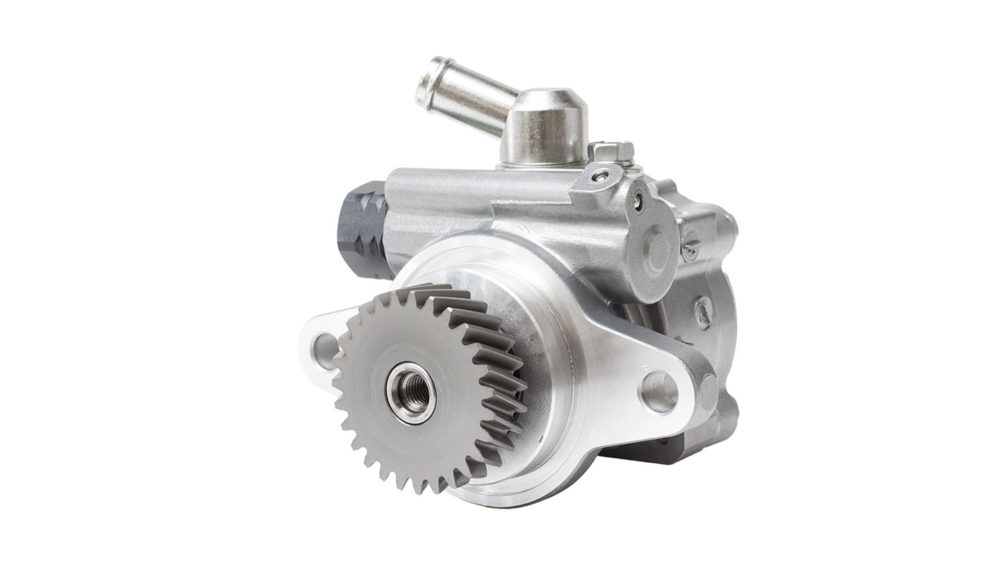
Oil Pump Assy
Oil pump is a component that functions to pump the oil needed to lubricate the components in the transmission system. In this context, oil is pumped and transferred from the transmission case to the transmission system.
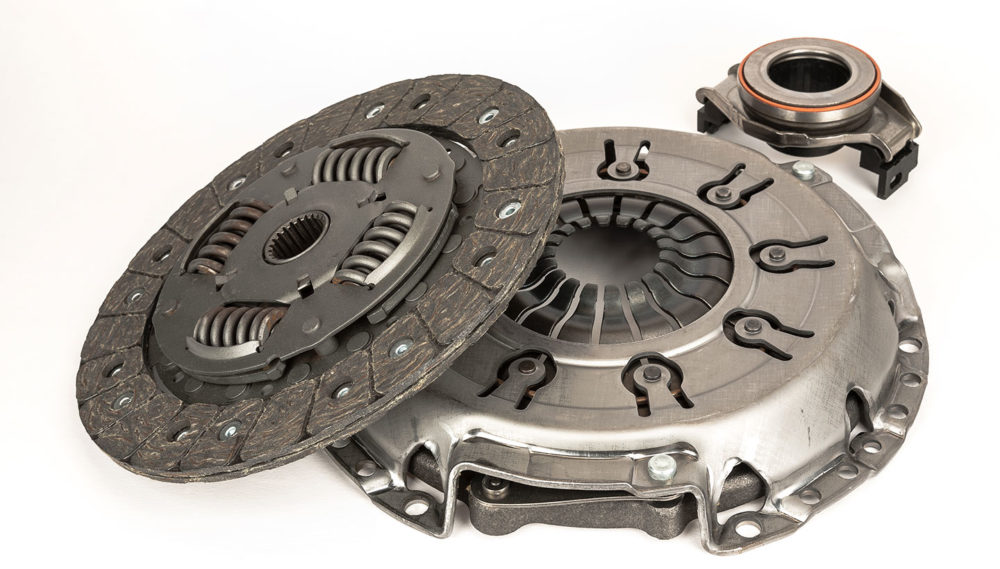
Clutch Housing
Clutch housing is a component that acts as the housing of the clutch clutch. This component also plays a role in protecting the clutch and its housing. In addition, this component becomes the holder of the oil pump and input shaft.
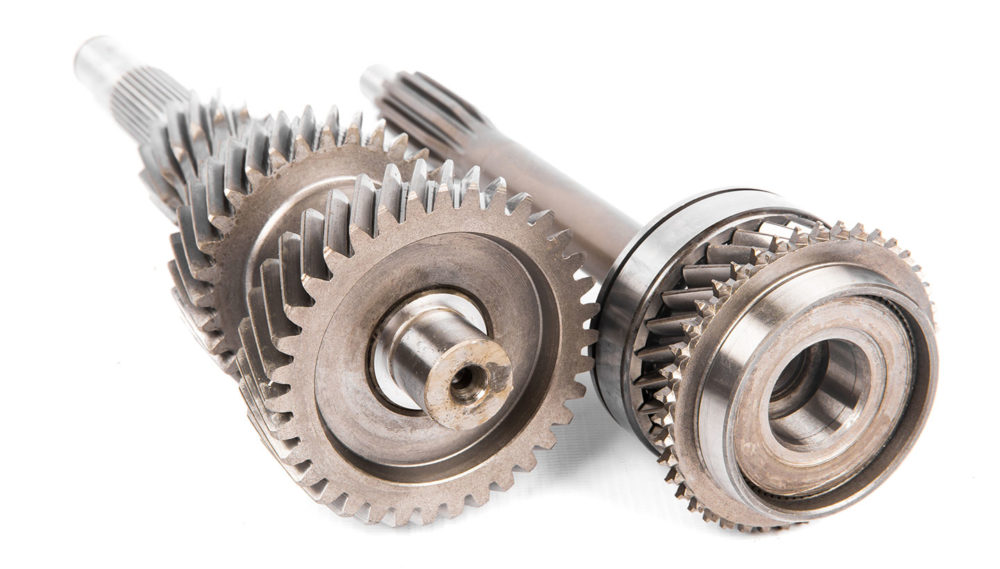
Transmission Gear (Transmission Gear)
Transmission gear is a component that functions to convert the input from the motor into an output torque force that is channeled to the outside of the transmission according to the needs of the engine.
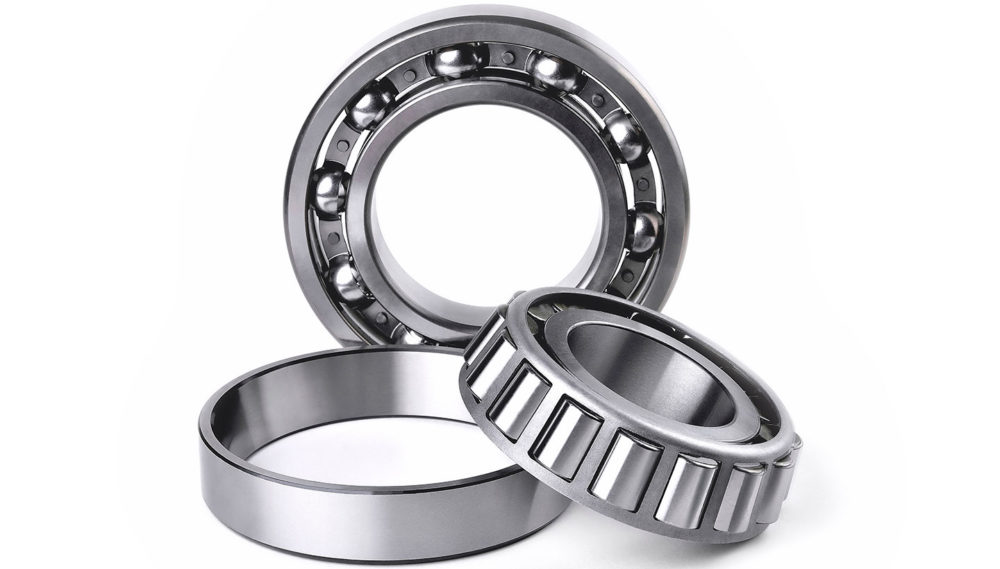
Bearing
Bearing is a component in the gearbox that has a function to maintain the estrangement of the shaft (shaft). So when the unit starts operating there is no shock to the components in the transmission. This makes the transmission work smoothly.
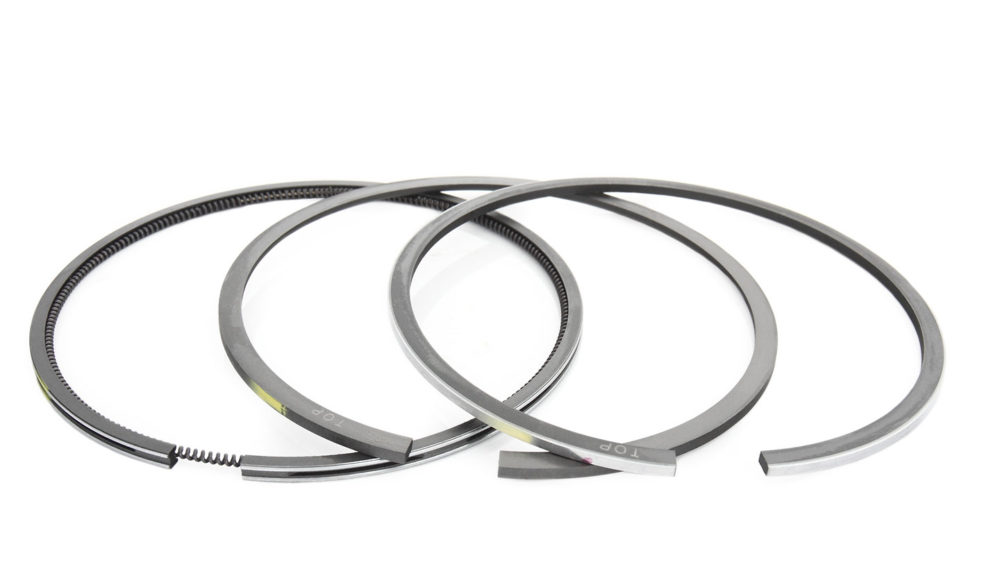
Piston Ring
This piston ring is a ring-shaped component that functions as a bulkhead to prevent oil leakage. This component is also a fastener for the input shaft so that it does not stretch when the unit is working.
Baca Juga
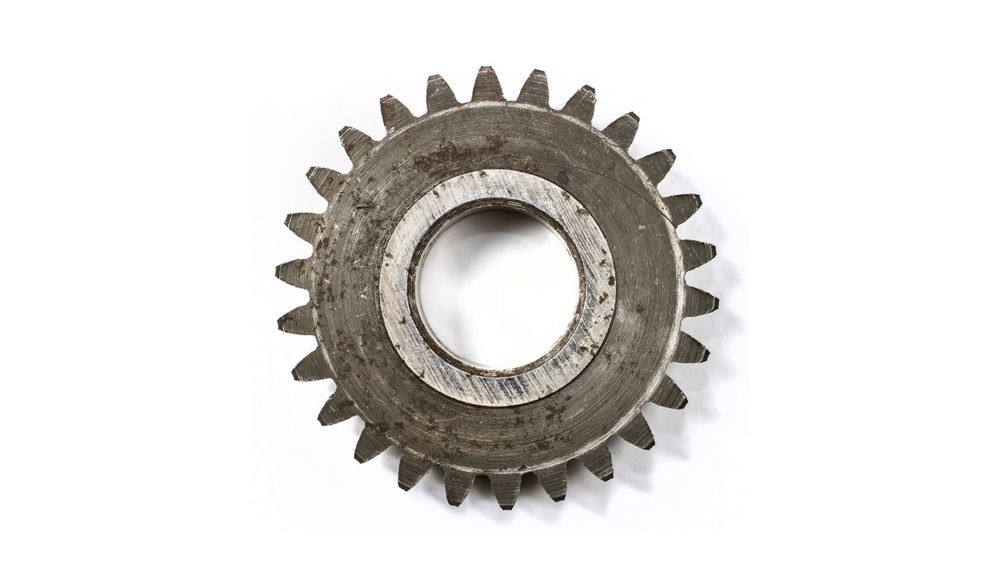
Sun Gear
The next component is the sun gear. This gearbox component plays a role in continuing the rotation to the planetary gear section. Sun gear is directly related to the gear on the planetary. The function of the planetary itself is to continue the rotation of the moment from the transmission.
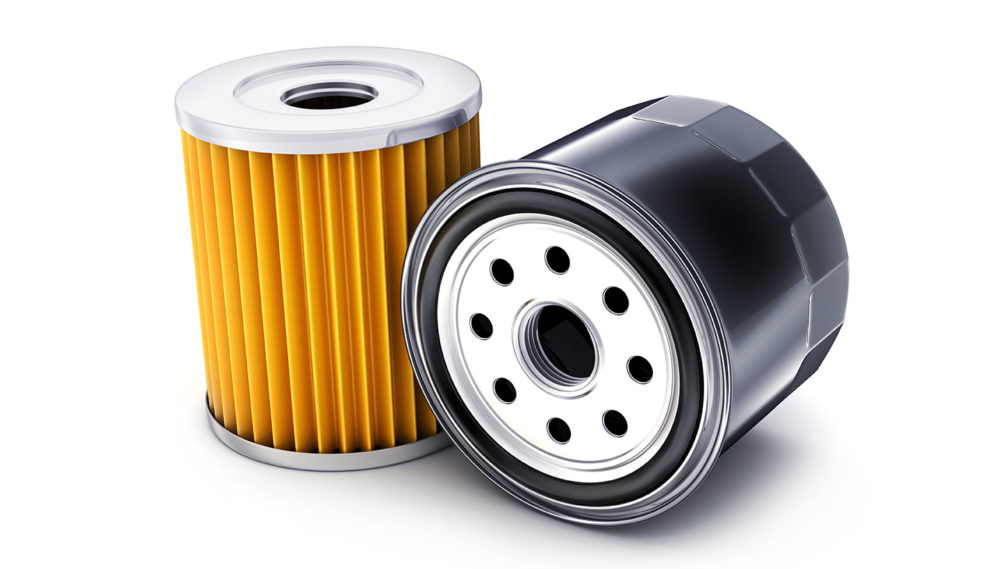
Oil Filter
As the name suggests, the oil filter is a component to filter the oil so it doesn't get dirty. This oil filtering function is intended so that transmission components do not wear out quickly due to friction between components because unclean oil reduces its effectiveness as a lubricant.

Oil Pipe
Oil pipe is a pipe that functions as an oil channel to distribute lubricating fluid from the transmission case to the planetary gear section. Usually the oil pipe uses a rod type pipe.
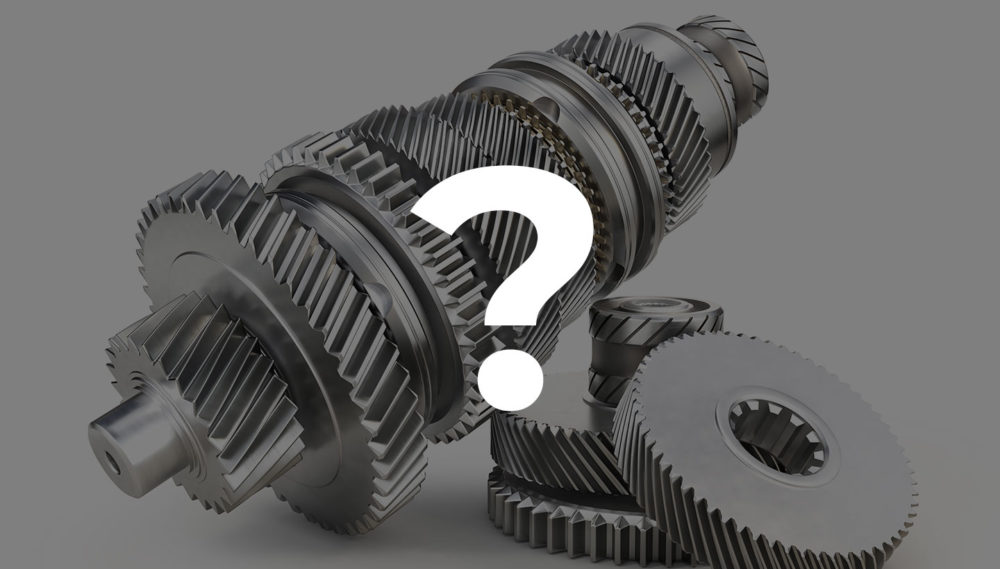
Car Gearbox Functions
As discussed earlier, in general the gearbox functions to distribute engine power to other parts of the engine so that it can work to run the vehicle. In addition to these main functions, there are several other functions of the gearbox, namely:
- Changing the twisting moment (twisting moment) to adjust the rotating shaft between stationary or moving, in which power will be transmitted to other car engine components from this shaft.
- Providing a gear ratio so that it can be adjusted to the vehicle engine load.
- Allowing rotational movement to occur by producing regular rotation of the engine.
- Producing and also changing energy so that the feeding process carried out by other components can be accurate.
- Helping to make the vehicle move forward or backward by adjusting the power or torque.
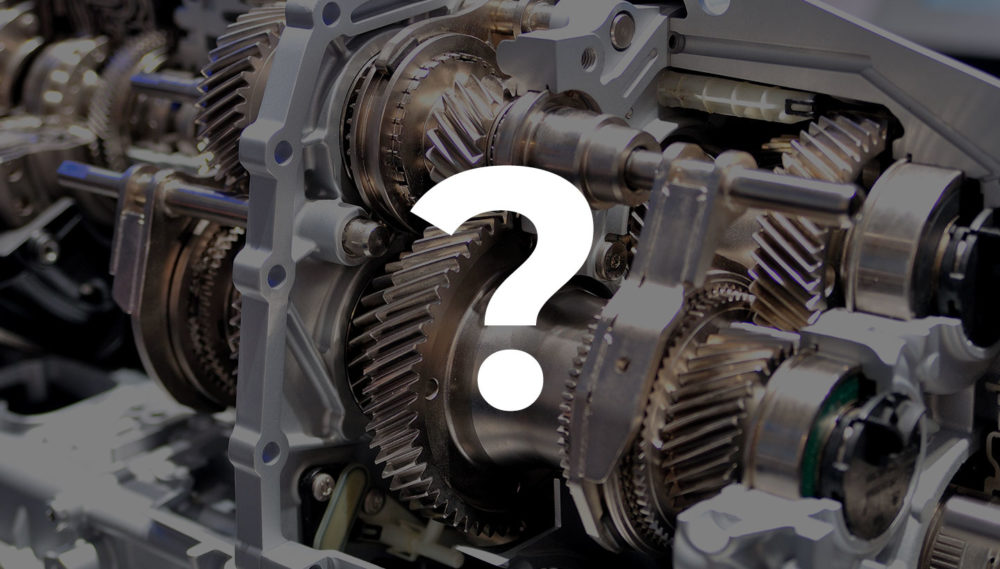
How the Car Gearbox Works
After knowing the components that make up the gearbox and the function of each of these components, you can more easily understand how this car's power transfer system works. The working principle of the gearbox is to transmit the power generated by the engine rotation to other components in the engine, so that these components can produce movement.
The process of transferring power begins with the axle and wheel receiving a certain force that must be produced with a large rotating power. The rotary power is sometimes very high, but other times it can decrease. Well, the role of the gearbox is to adjust or regulate the power so that the power can remain appropriate and be channeled optimally.
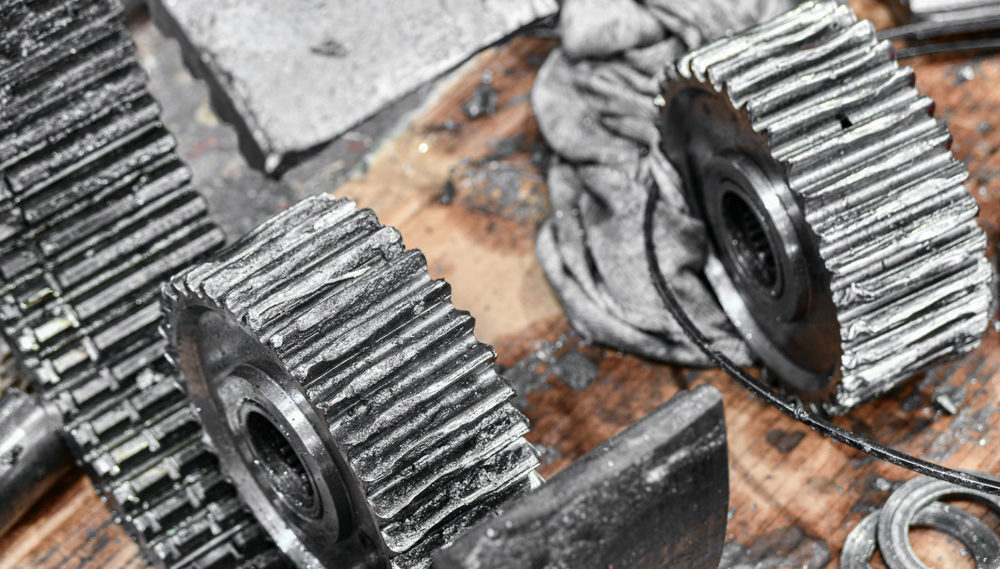
Characteristics of Car Gearbox Damage
If the gearbox works perfectly, then all the components of the car will work well. But if the gearbox is damaged, then your car will have problems. So what are the characteristics of a car gearbox malfunction? Here are the characteristics:
- Burnt smell from transmission fluid.
- There is a transmission fluid leak.
- An unusual sound is heard when you start the car.
- The engine indicator light on the dashboard lights up.
- Slightly hard or less smooth when shifting gear position and also maintaining gear position.
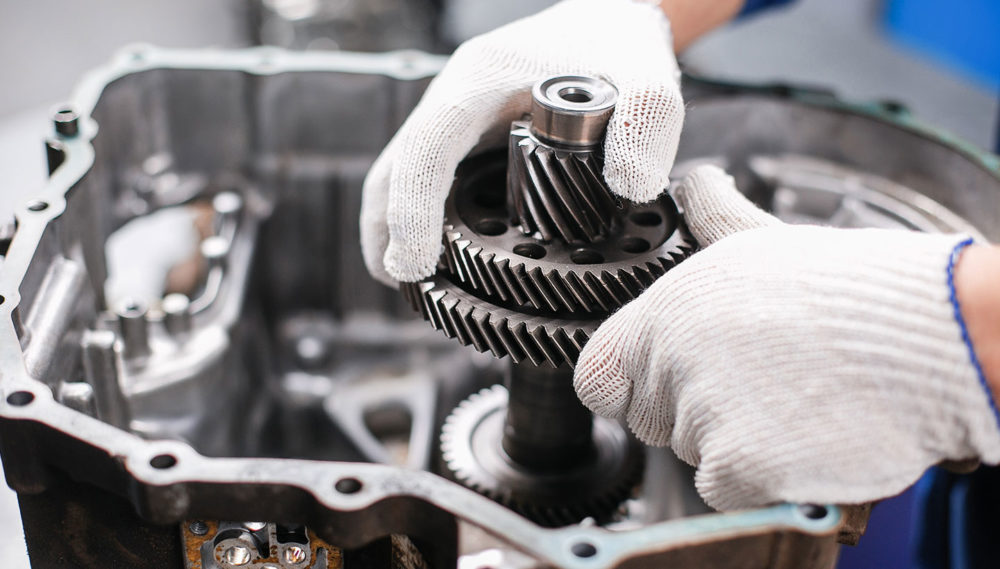
How to Take Care of a Car Gearbox
Given the importance of the gearbox function, performing routine maintenance on this component is very important. But don't worry, caring for a car gearbox is not a difficult thing. Here's how.
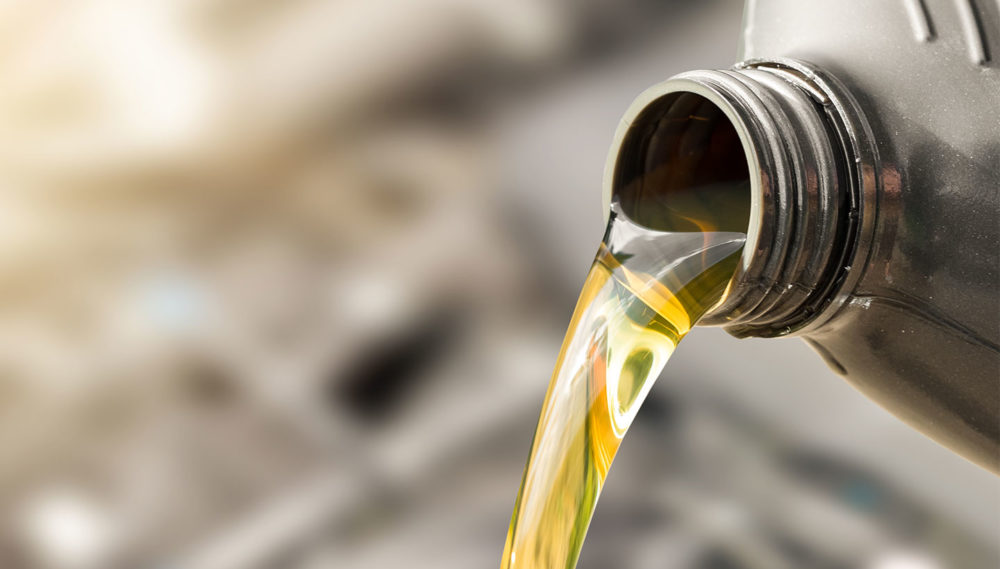
1. Change the Oil Regularly
Regularly changing the transmission oil can minimize the workload of the gearbox because the lubrication of the components inside is always maintained.
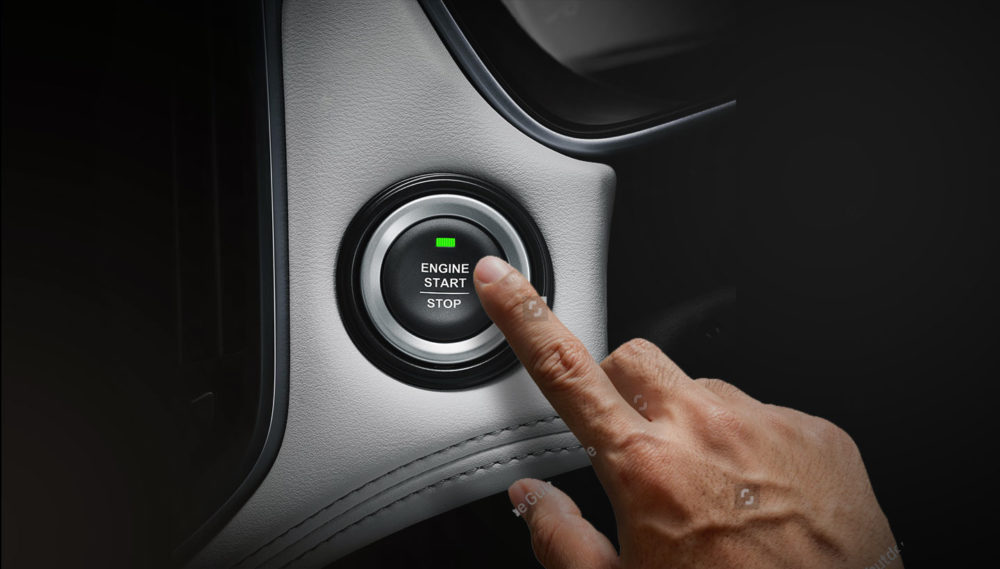
2. Warm up Vehicle
Make it a habit to warm up the vehicle before you use it. This can make the transmission system more awake and the gearbox will be more durable.
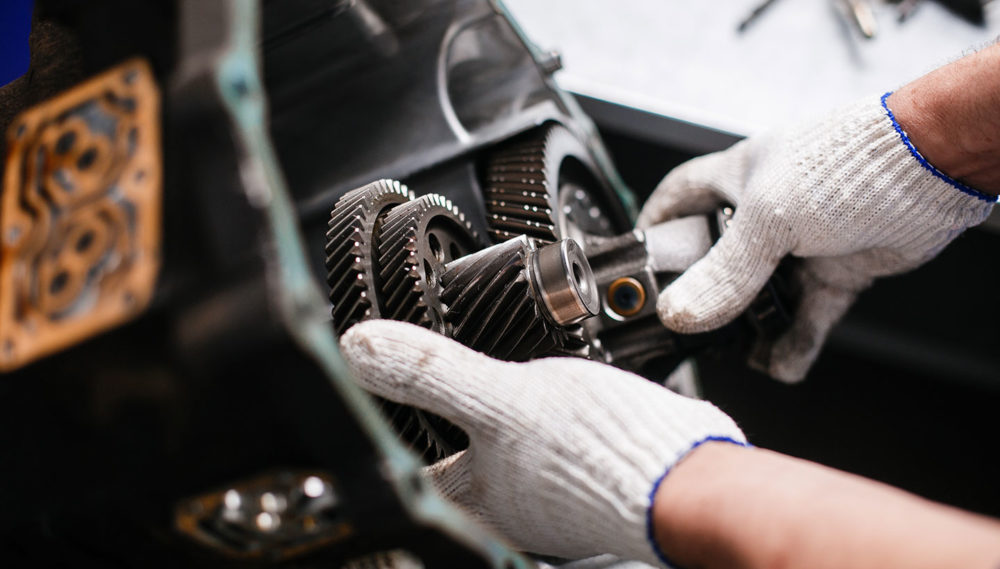
3. Routine Car Service
Carrying out regular car service to the workshop can also be done as part of gearbox maintenance. In this way, you can more easily detect if there is damage to the gearbox.
That's an explanation of the understanding, components, functions and how the gearbox works. From the explanation above, it can be seen that the function of this component is very crucial. You could say, a gearbox that doesn't work normally can make the car's overall performance decrease. So don't miss the maintenance on this one component!
SHARE:












